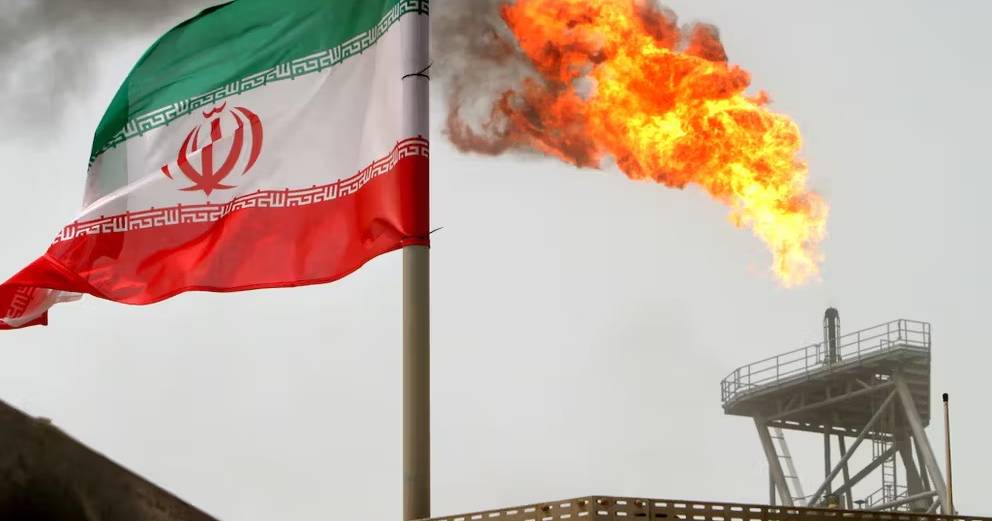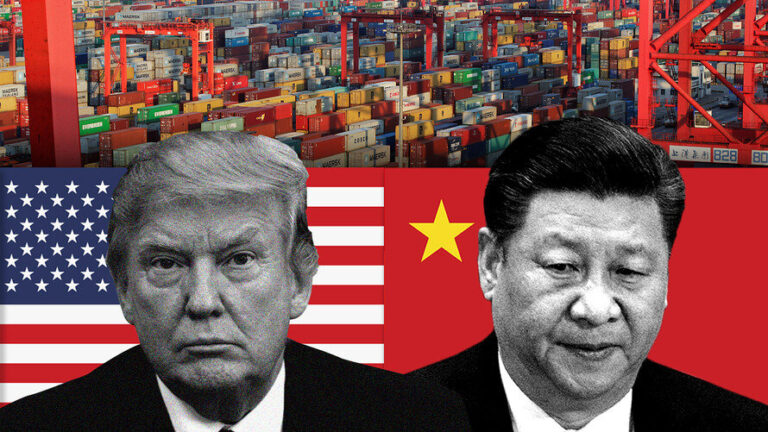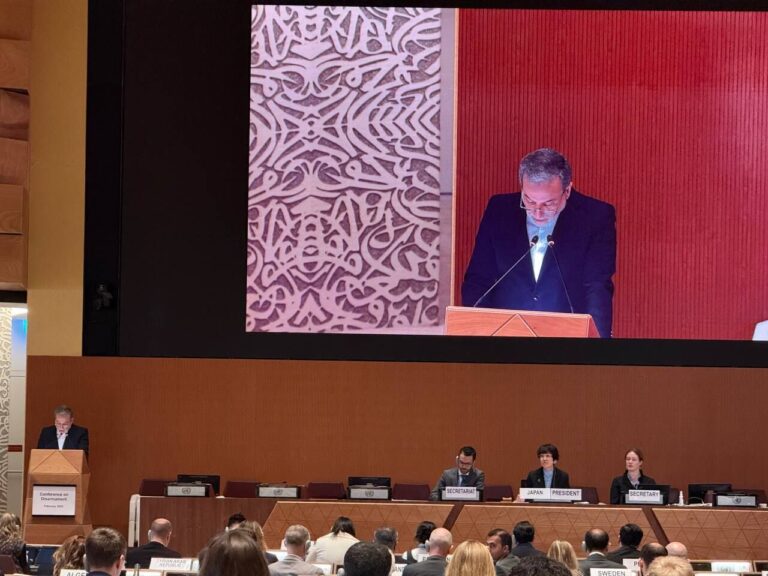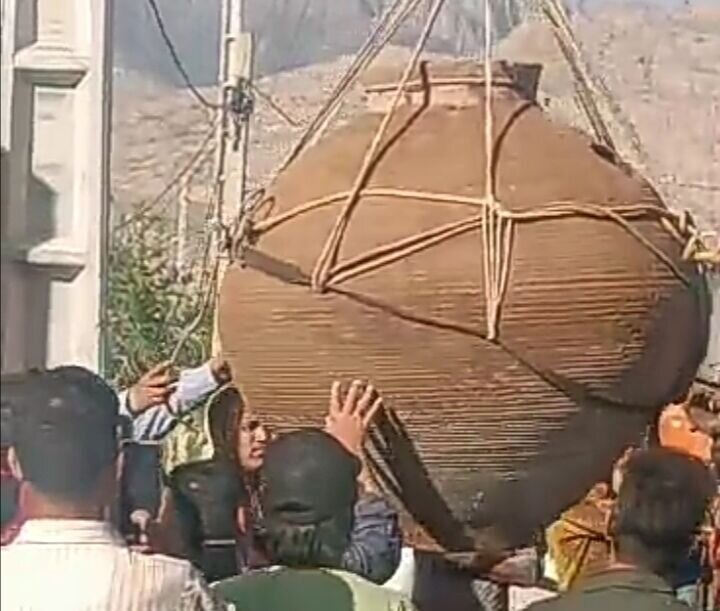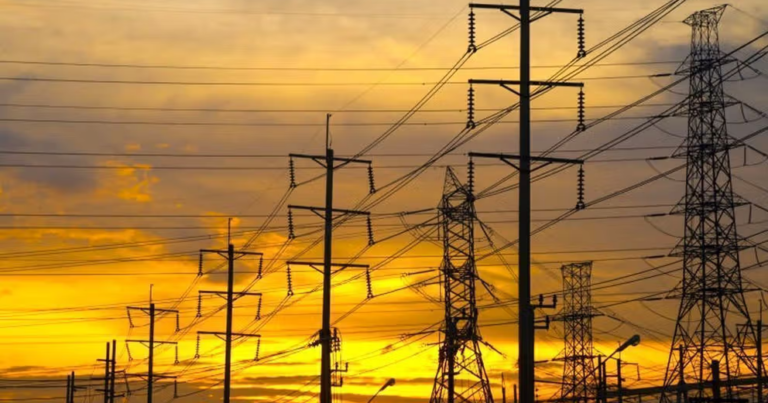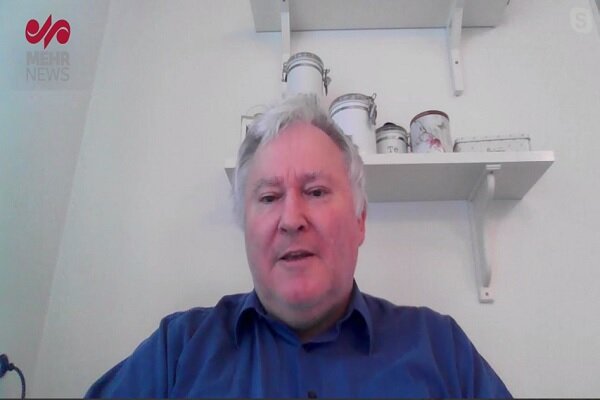Iran’s President Slams US Sanctions and Expresses Regret Over Harsh Winter Impact
On Saturday, Iran’s President criticized the United States for its attempts to limit the country’s energy exports, yet he did not address the letter that President Donald Trump claimed to have sent to Supreme Leader Ali Khamenei just a day prior. This situation highlights the ongoing tensions between Iran and the U.S. regarding energy policies and diplomatic relations.
During a significant event focused on new investments in the South Pars gas field, Masoud Pezeshkian, a key Iranian official, acknowledged the challenges faced by the nation over the past winter while emphasizing the importance of maintaining gas supplies. He stated, “We went through a tough winter. Once again, I apologize to the people for power cuts and other issues. Naturally, we must also apologize to industries and producers because we could not fully support them.”
As the conversation shifted towards U.S. sanctions, Pezeshkian rejected Washington’s claims regarding the suffocation of Iranian fuel exports. He expressed his views by saying, “They try and say they will bring our fuel exports to zero, that we won’t be able to sell our oil. I believe we must engage with proper logic and not fight amongst ourselves. Their hope is in our internal divisions.”
In a recent announcement, President Trump revealed that he had sent a letter to Khamenei proposing discussions aimed at resolving concerns about Iran’s nuclear program. However, he also warned of military intervention as a possible alternative. Trump stated, “I hope that Iran, and I’ve written them a letter saying, I hope you’re going to negotiate because if we have to go in militarily, it’s going to be a terrible thing for them.” He further elaborated, “There are two ways Iran can be handled, militarily or you make a deal. I would prefer to make a deal because I’m not looking to hurt Iran. They’re great people. I know so many Iranians from this country.”
Since assuming office, Trump has enforced new sanctions targeting companies and the so-called shadow fleet of aging oil tankers responsible for transporting Iranian crude oil. Despite these sanctions, Iran’s oil exports have generated over $35 billion annually in recent years, with a significant portion of these sales directed towards China. Nevertheless, this financial influx has not been sufficient to alleviate the economic turmoil that has plagued the oil-dependent nation since 2019.
Since early September, Iran’s national currency, the rial, has seen a dramatic depreciation, losing half of its value due to persistent military and geopolitical issues in the region, compounded by Trump’s election and his pledges to reduce Tehran’s oil exports significantly.
Pezeshkian commended the efforts made by Iran’s oil and gas sector to sustain household energy supplies but also underscored the necessity of improving efficiency and expanding renewable energy sources. He announced a substantial $17.5 billion investment aimed at enhancing the country’s power infrastructure, which is crucial for promoting sustainability and enabling greater oil and gas exports.
- Iran requires $45 billion in investments to address its chronic energy deficit, particularly during winter months, and combat worsening air pollution.
- The Iranian Oil Minister, Mohsen Paknejad, emphasized the need for significant funding to rectify these pressing energy issues.
Pezeshkian commented on the potential benefits of expanding the use of electricity for heating and cooling purposes, particularly by harnessing wind and solar energy. “If we can expand electricity use for heating and cooling, relying on wind and solar energy, then we can export our resources at far better prices,” he asserted.
However, successive Iranian governments have faced challenges in meeting the soaring energy consumption demands, especially during colder months when power plants often resort to burning pollutive fuels, which further exacerbate the air quality crisis in urban regions. Despite Iran’s vast natural gas reserves, increasing domestic demand and insufficient investment in infrastructure have left the nation frequently in a position of being a net importer of energy.
As tensions between Iran and the U.S. continue to unfold, the impact of these energy policies and diplomatic negotiations will play a crucial role in shaping the future of Iran’s economy and its ability to maintain energy security.
